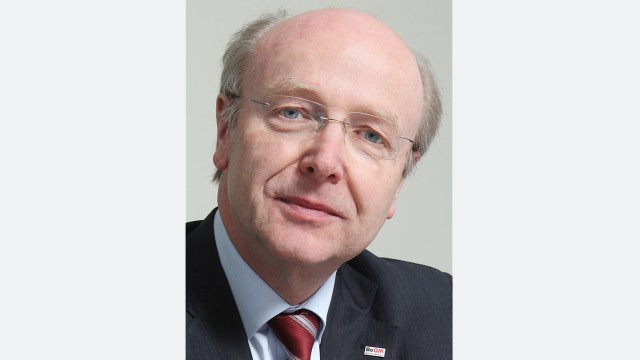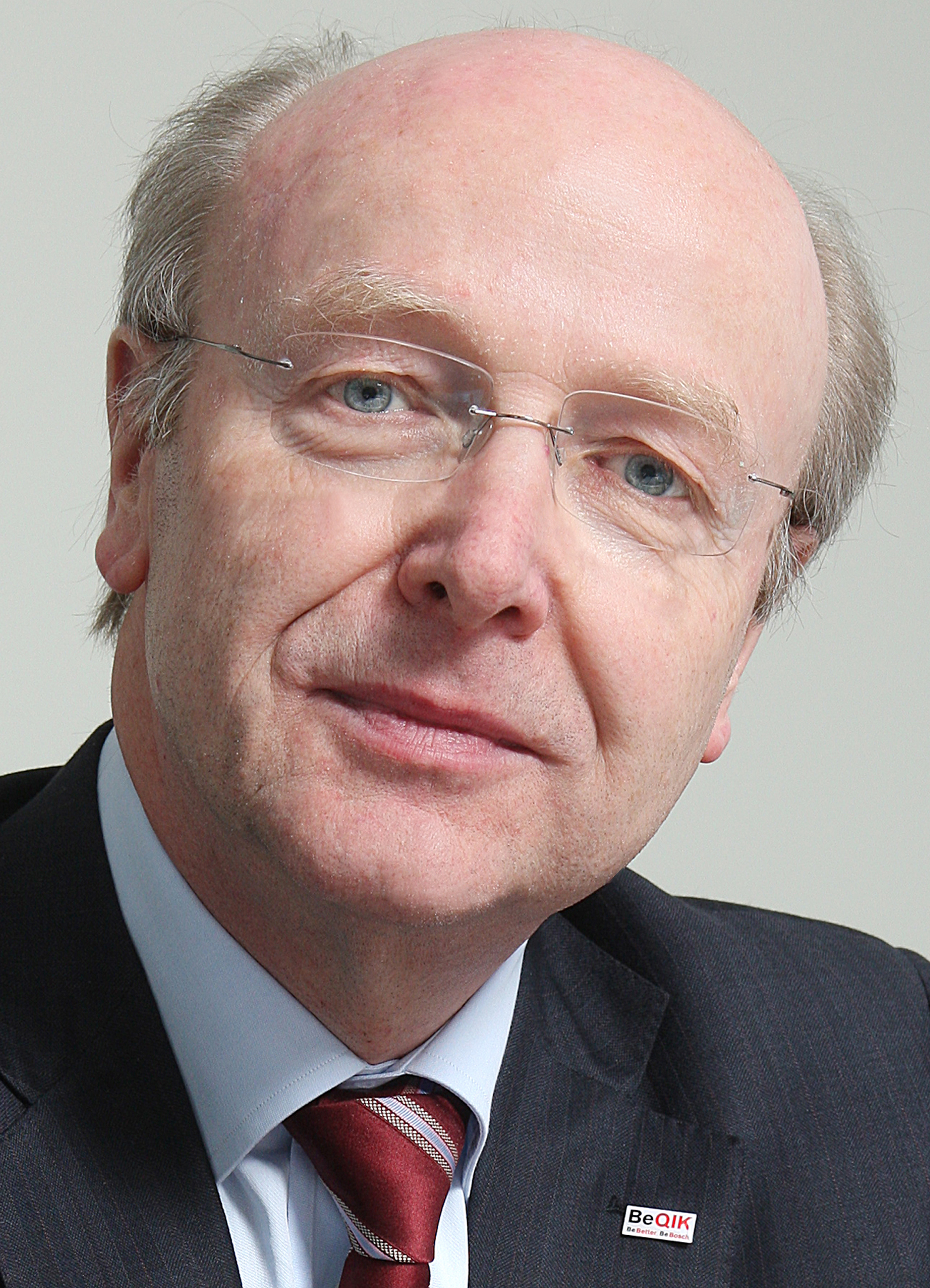Why do we actually refer to it as the fourth industrial revolution?
This is because of the revolutionary nature of the impact of the IoT on industry, even though calling it that is always slightly controversial. It’s normally only when you view something in hindsight that you realize how revolutionary it was. Back then, though, we already knew that new, mostly extremely successful companies were emerging on the back of the internet’s technical platform. They all abandoned traditional forms of business and created completely new business models in the fields of commerce and social media. There was no reason why a similar development would not take place in the new world of the internet of things that was just dawning, with new players whose success is based on showing up the inadequacy of existing paradigms. We also saw the full “power” of the internet: in 1995, 40 million people were connected to the internet. In 2005, that number had reached 975 million. In 2015, we estimated that there were five billion people connected, so given this dynamic development with more and more powerful computers and networks, the logical next step was to network machines. This paradigm shift is no less significant than the three industrial revolutions: the power loom, the first conveyor belt, or the first programmable controller for automated production. But we are seeing today that even Bosch, as a front runner, is still at the start of its journey, one that could go on for another 20 to 30 years before the enormous potential has been exhausted.
What do you consider to be the revolutionary potential of Industry 4.0?
We outlined our vision of the revolutionary potential when we first began this work. Industry 4.0 achieves a new level of organization and control of the entire value chain, across the entire life cycle of products. This cycle is geared toward increasingly tailored customer requirements and extends from the idea, the order, through development and production, delivery of a product to the end customer, right through to recycling and associated services. This is based on the availability of all relevant information in real time through networking of the entities involved in value creation, and the ability to derive the optimal value creation flow from the data at any given time. The linking of people, objects, and systems creates dynamic and self-organizing cross-company value-added networks that can be optimized according to different criteria such as cost, availability, and resource consumption. Local self-organization replaces centralized planning; rigid value chains are replaced by flexible organization of value-added networks.
What contribution has Bosch made to the development of Industry 4.0?
With Industry 4.0, we started from scratch – there was no blueprint. Bosch was a driving force right from the outset. From 2012, together with the President of Acatech, Prof. Henning Kagermann, we chaired the Industry 4.0 working group, in which representatives of industry, science, associations and trade unions sat around the same table. Without strong advocates, you can’t advance a topic on such a large scale and gain acceptance for it in both business and political spheres. That’s why it’s so important for Bosch to maintain and expand its pioneering status in Industry 4.0, and to combine it with expertise in artificial intelligence. What this brings to the company itself is, in my view, easy to see from the numbers. And if you look at the numbers over the past few years, the successes speak for themselves. After ten years of its Industry 4.0 portfolio, Bosch has generated over 4 billion euros in sales revenue.
What’s next for Bosch and Industry 4.0?
It’s crucial that Bosch is not just a supplier but also a proponent of Industry 4.0 solutions. The company’s dual role in this regard has an important effect. Bosch can introduce new Industry 4.0 applications and technologies at its own manufacturing sites around the world and gain important experience. Bosch successfully demonstrates this and, in doing so, convinces its customers of the benefits of Industry 4.0. Bosch projects show that using networked solutions increases productivity by up to 25 percent. And of course, since I’ve been involved in and actively shaping this topic for a long time, I’m especially pleased about these effects. They make it quite clear that the initiative that we launched a decade ago has been worthwhile – and still is today.
Dr. Siegfried Dais was a member of the board of management until 2012, and has been deputy chairman of the board of management since 2007. From 2007 until the end of 2017, he was limited partner of Robert Bosch Industrietreuhand KG. Dais took over the chair of the Industry 4.0 working group in 2012 to further develop the “German project of the future” as part of the German government’s “High-Tech Strategy 2020.”






